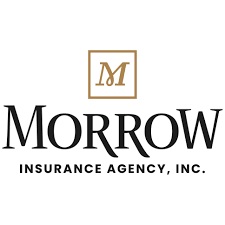







Course Rotation
Each year the Safer Summers course changes so that staff never get bored of the content and continue to improve their skills.
Year 1 Modules
-
Becoming a Youth Development Professional, Part I
(8:11)
-
Wilderness Wellness
(15:45)
-
Alcohol Beverage Laws
(11:55)
-
Look Before You Leap, Part I
(8:48)
-
Look Before You Leap, Part II
(8:15)
-
Anaphylactic Emergencies
(14:35)
-
Duty of Care, Part I
(6:22)
-
Weather Watch
(14:15)
-
Safe Touch & Safe Talk, Part I
(9:58)
-
Speaking of Camp
(8:48)
Year 2 Modules
-
Becoming a Youth Development Professional, Part II
(11:45)
-
Active Lifeguarding
(11:16)
-
Duty of Care, Part II
(10:12)
-
15 Passenger Van Safety
(18:30)
-
Sexual Harassment Awareness, Part I
(12:21)
-
Fire Building and Fire Safety
(13:49)
-
Look Before You Leap, Part I
(8:48)
-
Look Before You Leap, Part II
(8:15)
-
Safe Touch & Safe Talk, Part II
(8:04)
-
Youth Inspired
(14:04)
Year 3 Modules
-
Staff Use of the Internet
(7:07)
-
Cyberbullying and Sexting
(12:25)
-
Look Before You Leap, Part I
(8:48)
-
Look Before You Leap, Part II
(8:15)
-
Fire Evacuation Planning
(13:05)
-
Regional Disaster Management for Youth Programs
(15:00)
-
Safe Touch & Safe Talk, Part II
(8:04)
-
Sexual Harassment Awareness, Part II
(14:40)
-
Waterfront Safety Design
(15:22)
-
Wise Use of Time Off
(5:11)